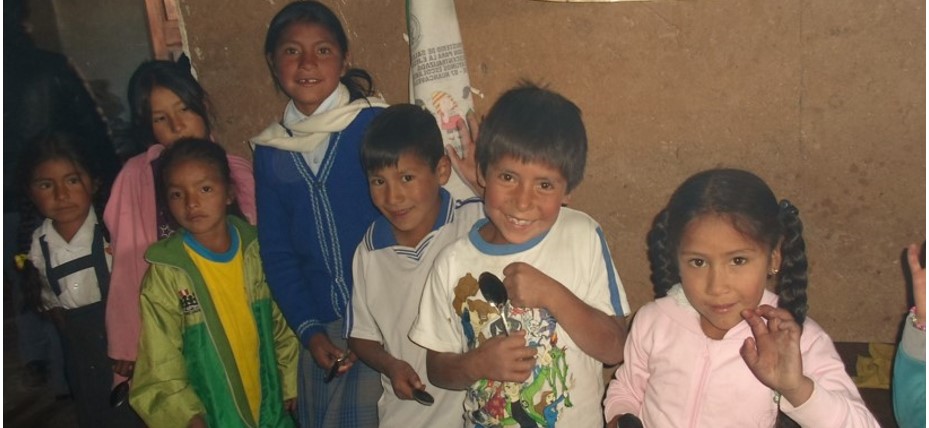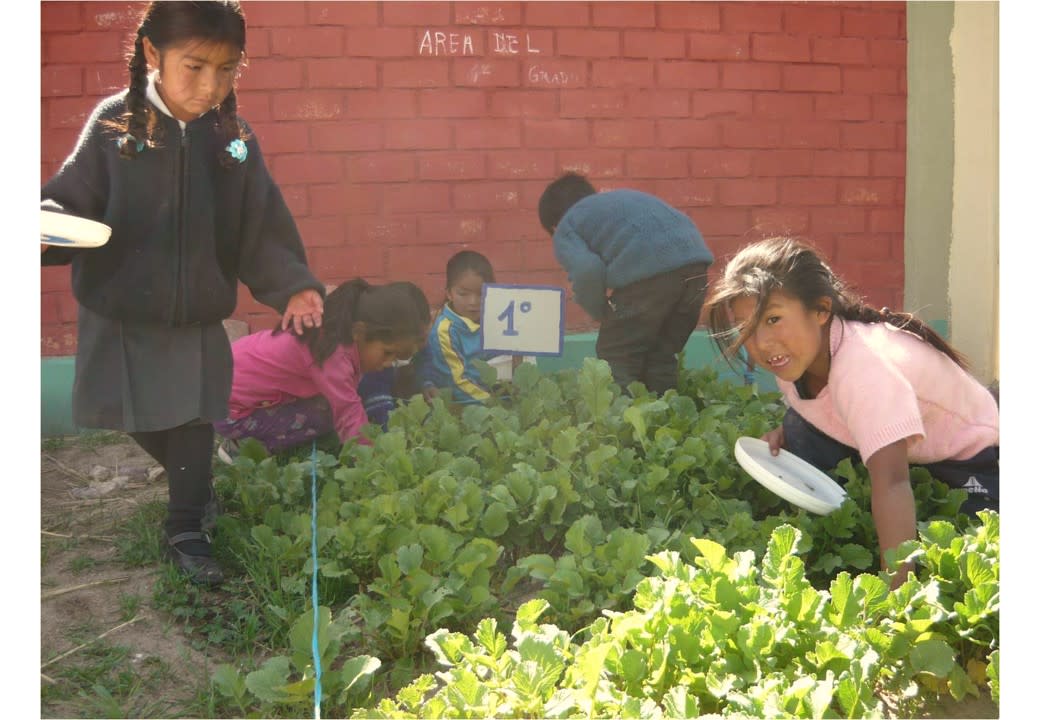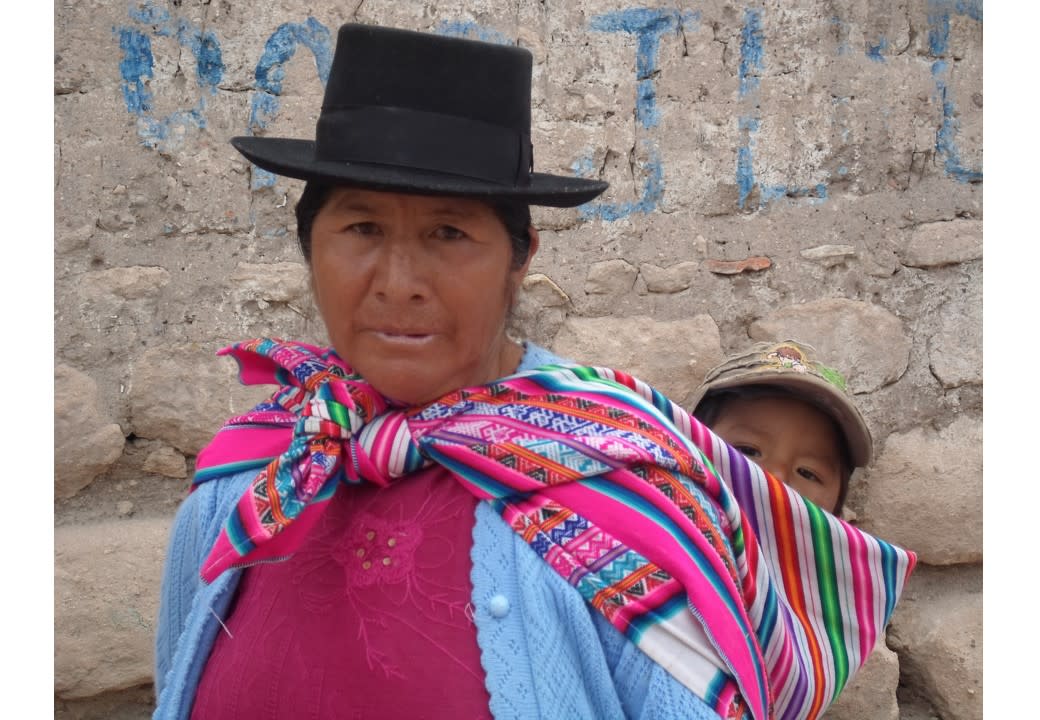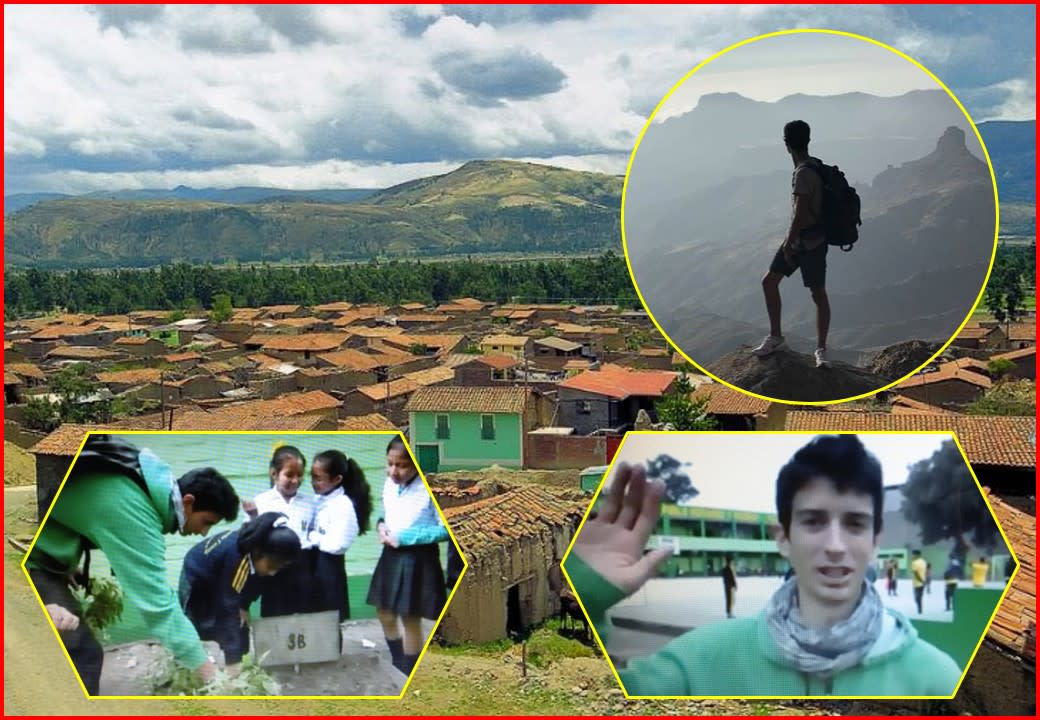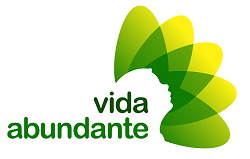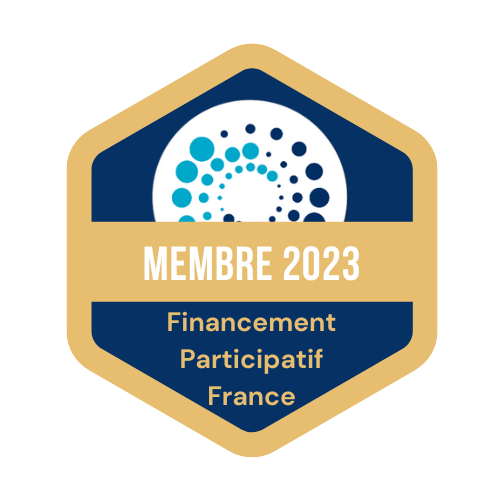Description
About the project
Ending poverty and hunger are the two main Sustainable Development Goals (SDGs) in the world for the period 2015-2030.
These goals are especially important in countries like Peru, where the poverty rate is very high, especially in rural areas. Child malnutrition is one of the worst consequences of this problem, and Junín (Central Andes of Peru) is the second most affected region of the country, with 6 out of 10 children affected by this scourge.
In recent years, the impact of climate change has exacerbated this situation: the temperature has increased and the rains have decreased. Projections over the coming years indicate that this trend will continue.
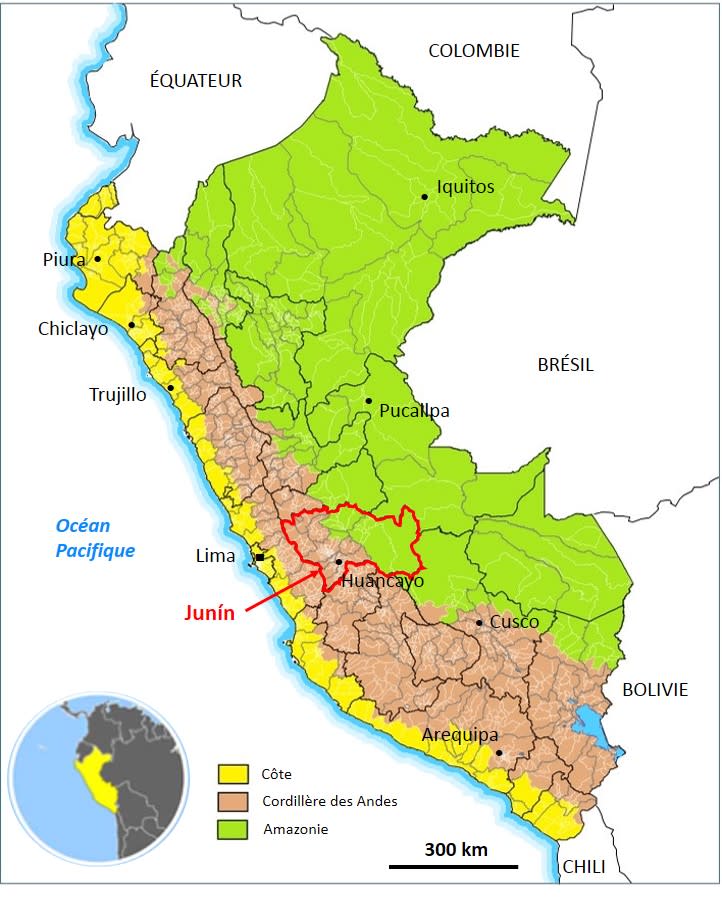
All this is at the origin of the severe shortage of food in the Junin region, against which the governor had to declare a state of emergency in 2016. Our association, Amis Eco-solidaires, French non-profit association, supports the activities and field projects piloted by the Peruvian association Vida Abundante. This association works in the field to raise awareness of climate change among children and to install organic vegetable gardens in schools.
The beneficiaries were initially 300 pupils from a disadvantaged school in Lima and currently they are more than 3000 in urban and rural schools in the country. Vida Abundante was actually rewarded with the First National Environmental Award in the category "Adaptation to Climate Change".
The “organic vegetable garden for families and rural schools” programme seeks to address the main problem faced by peasant women: the gradual decline in their harvests and incomes which causes undernourishment of children with health consequences.
Since women play an important role in family food production and vegetable gardens are their responsibility, this program aims to train them in the best organic production techniques. This will allow them to produce much healthier foods than those coming from conventional agriculture.
In this way, women will get independence and greater recognition of their role in local economic life.
The programme includes the establishment of 10 organic vegetable gardens where the following activities will be developed :
- Training of women in organic production techniques;
- the establishment and management of organic vegetable gardens for the production and harvesting of vegetables, medicinal herbs and fruit in an environmentally friendly manner.
- Training of women in nutrition and novel eating habits, important topics to combat anaemia and child malnutrition.
What’s the funding for?
Each organic vegetable garden costs 1000€, and we have set ourselves the goal of starting with 2 organic vegetable gardens. Your help will be used to :
- Purchase the necessary agricultural equipment (pick-up, shovel, watering systems, etc.) as well as seeds and seedlings for the installation and operation of organic vegetable gardens.
- Cover organisational costs and teaching materials required for workshops.
- Provide personalized support to beneficiaries for the success of their organic gardens.
We hope to be able to go beyond 2,000€ in order to best meet the needs of the Peruvian association we are helping.
Don’t forget that on 1000€ collected, zeste.coop collects 8% of the amount, or 160€ on 2000. Any additional money would help to set up a third organic garden or even a fourth.
Thank you so much for your contribution !
About the project promoter
My name is Benjamin Durand. I am currently an environmental educator in Pays Montbéliard Agglomération and secretary of Amis Eco-solidaires Association.
Following a trip to Peru in 2016 during which I helped to set up organic vegetable gardens with the Peruvian association Vida Abundante, I felt the need to continue my investment with the Peruvian people to follow up on the actions I had carried out there. So, I decided to join Amis Eco-solidaires, French non-profit association, which brings together volunteer members with different backgrounds and implications, all motivated by common values on environmental protection and the willingness to help Vida Abundante’s projects in Peru.
Learn more about us :
Our sources :
- (1) Junín : Región ocupa el segundo lugar en desnutrición infantil. 2015. Radio Programas del Perú. Edición Nacional. [https://rpp.pe/peru/actualidad/junin-region-ocupa-el-segundo-lugar-en-desnutricion-infantil-noticia-797977]
- (2) Estudio de escenarios de cambio climático en la cuenca del río Mantaro para el año 2100. Proyecto: Adaptación al impacto del retroceso acelerado de glaciares en los Andes Tropicales- PRAA (SENAMHI, 2000).
- (3) “Junin: 11,000 ha de cultivo se pierden por sequías”. Radio Programas del Perú. Edición Nacional. 2016. [https://rpp.pe/peru/junin/junin-11-mil-hectareas-de-sembrios-se-pierden-por-sequias-noticia-1013411]
- (4) FAO. 2011. La situation mondiale de l’alimentation et de l’agriculture. Le rôle des femmes dans l’agriculture, combler le fossé entre les hommes et les femmes pour soutenir le développement, 174 p.


